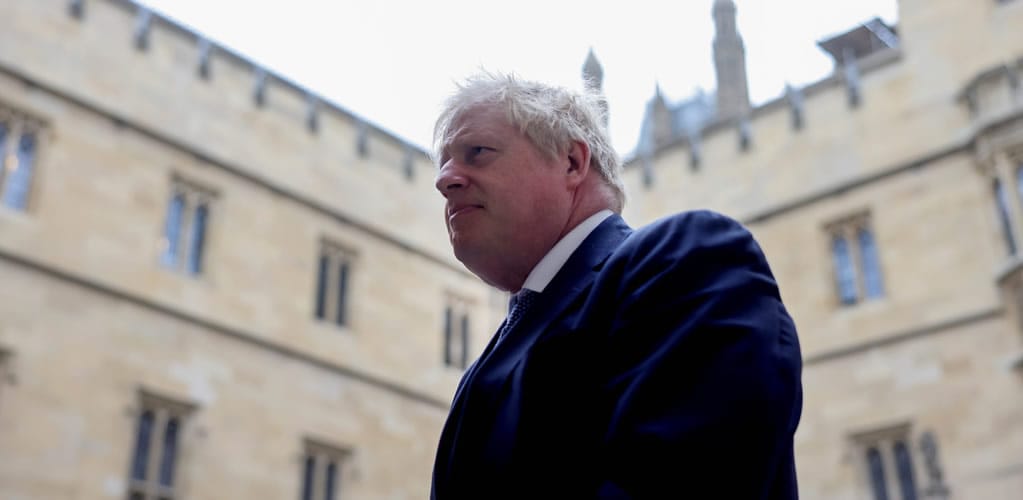Accountability and the prorogation of Parliament
Evidence presented by Boris Johnson’s Government to the courts for the prorogation of Parliament may not have complied with the duty of candour, and may not have been the truth.

Evidence presented by Boris Johnson’s Government to the courts for the prorogation of Parliament may not have complied with the duty of candour, and may not have been the truth.
First published: Sept 2022.
On 28th August 2019, Jacob Rees-Mogg travelled to Balmoral to see Queen Elizabeth II to let her know that the Prime Minister planned to suspend or “prorogue” Parliament from a date in early September until 14 October.
Cabinet Minutes of the same date, 28 August 2019, recorded the then Prime Minister, Boris Johnson, saying:
The Cabinet Minutes – marked “Official Sensitive” and which can be read here – were released to the Court of Session in Edinburgh in the course of the successful challenge brought by Good Law Project and others to the prorogation. They were released because the Government had a duty to be candid about the reasons for the prorogation.
We were deeply sceptical at the time about whether the reasons given for the prorogation were the true reasons. And in a podcast earlier this year, Nikki da Costa, Director of Legislative Affairs for the then Prime Minister, Boris Johnson, and widely credited as the architect of the prorogation said:
Obviously, her explanation is inconsistent with that presented in the Cabinet Minutes. And, we believe, it is incompatible with the duty of candour owed by the Prime Minister to the Court.
We have had an exchange of correspondence with the Government Legal Department, whose position seems to be that they – the lawyers – complied with their obligations. But Government lawyers are conspicuously silent about whether their clients in the proceedings, including the then Prime Minister, adequately complied with their duty of candour.
You can read our letter to Government Legal Department, dated 4 July, here, and their reply, dated 25 July, here.
We won the prorogation case. It concerned an important constitutional moment in the UK – a full-throated attack on Parliament. The principle of the Government being candid and honest is always important, but was arguably even more so in this case.
We are concerned that the evidence presented by the Government to the Court of Session, the High Court and then the Supreme Court may not have complied with the duty of candour, and may not have been the truth.
We have written again to Government on 9 September, and have given them until 23 September 2022 to reply. Unless we receive a satisfactory explanation it is our intention to draw the exchange of correspondence to the attention of the Court under what is called its Hamid jurisdiction. The Hamid jurisdiction allows the Court to investigate, and where appropriate sanction, abuses of its processes. Such sanctions might include publishing details of the abuse in a judgment and may refer any professionals involved to their regulators for further investigation.

Going further:

|

|

|
— AUTHORS —

|
▫ Good Law Project, a not-for-profit campaign organisation that uses the law to protect the interests of the public. ⚖️ GoodLawProjectonly exists thanks to donations from people across the UK. If you’re ina position to support their work, you can do so here. |
Sources
- Text: This piece was originally published in GoodLawProject and re-published in PMP Magazine on 23 September 2022, with the authors’ consent. | The author writes in a personal capacity.
- Cover: Flickr/Number 10. - Boris Johnson. | 10 May 2022. (Licensed under a Creative Commons Attribution-ShareAlike 4.0 International License.)







[Read our Comments Guidelines]